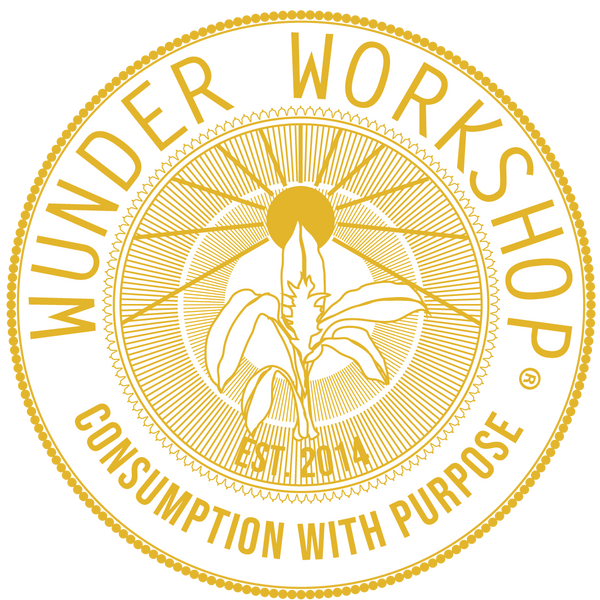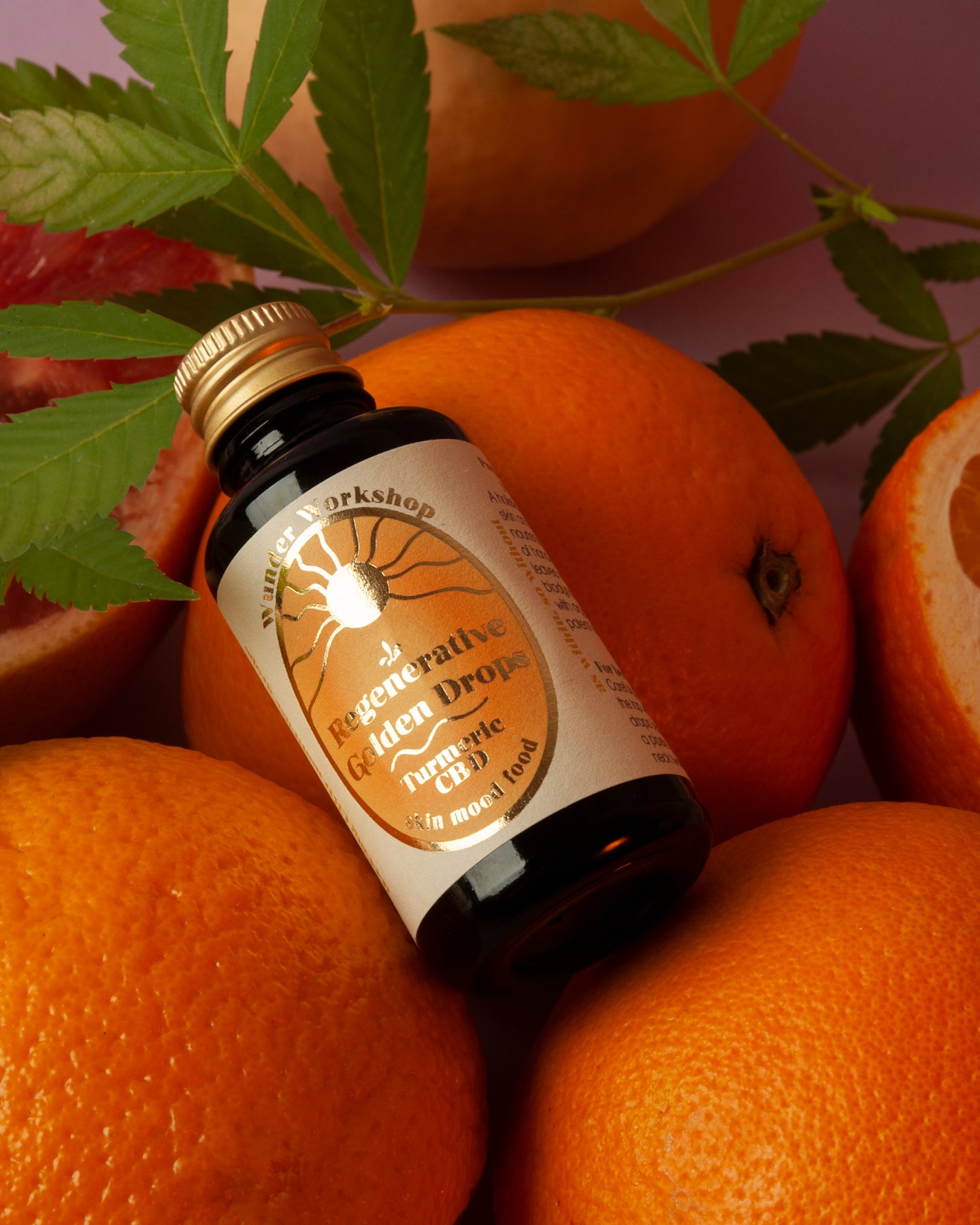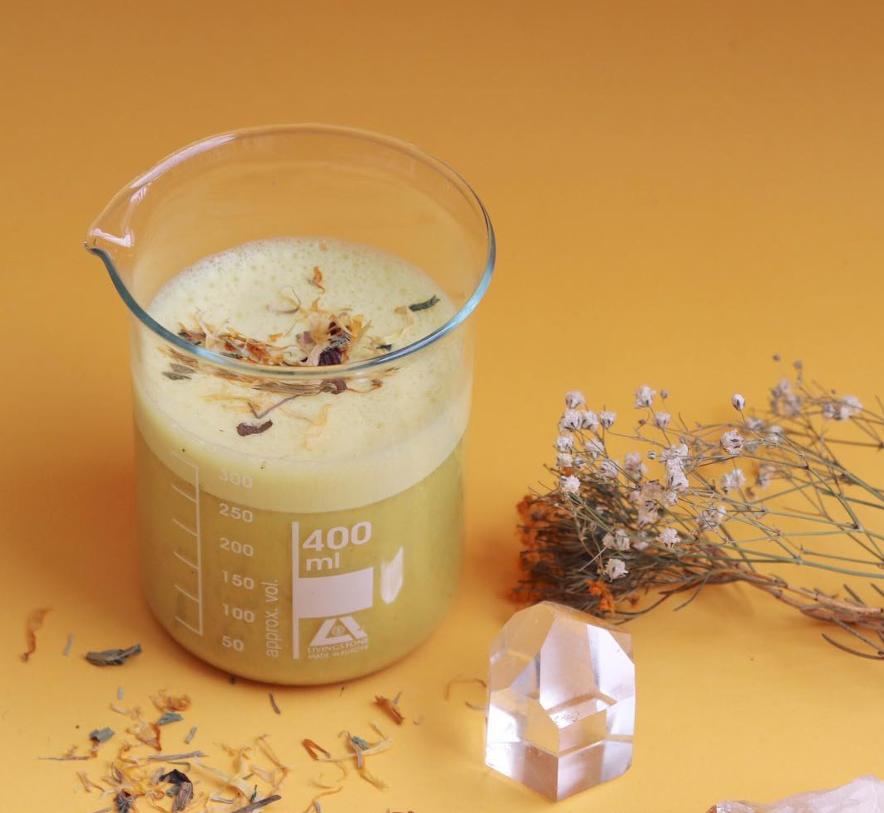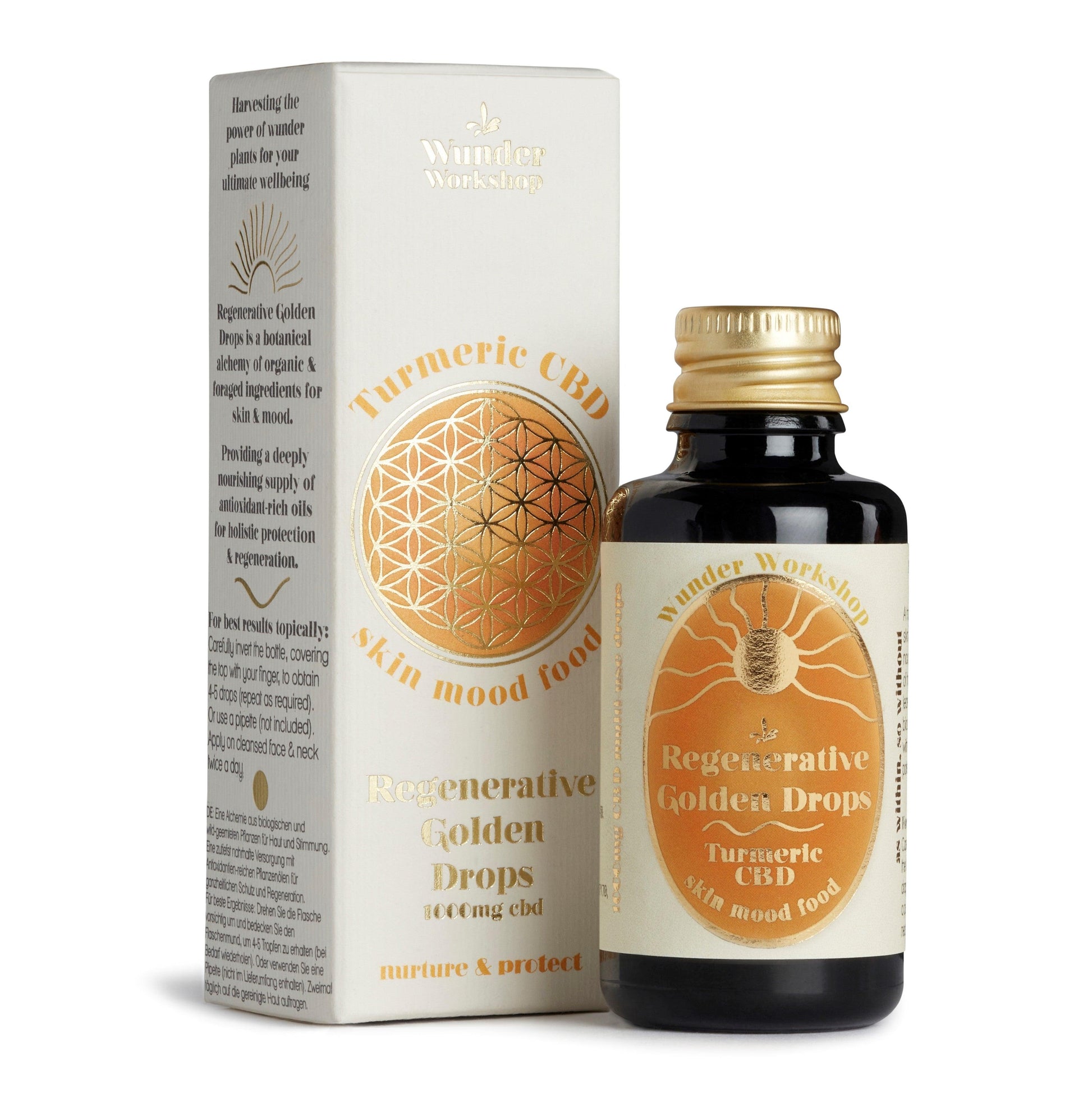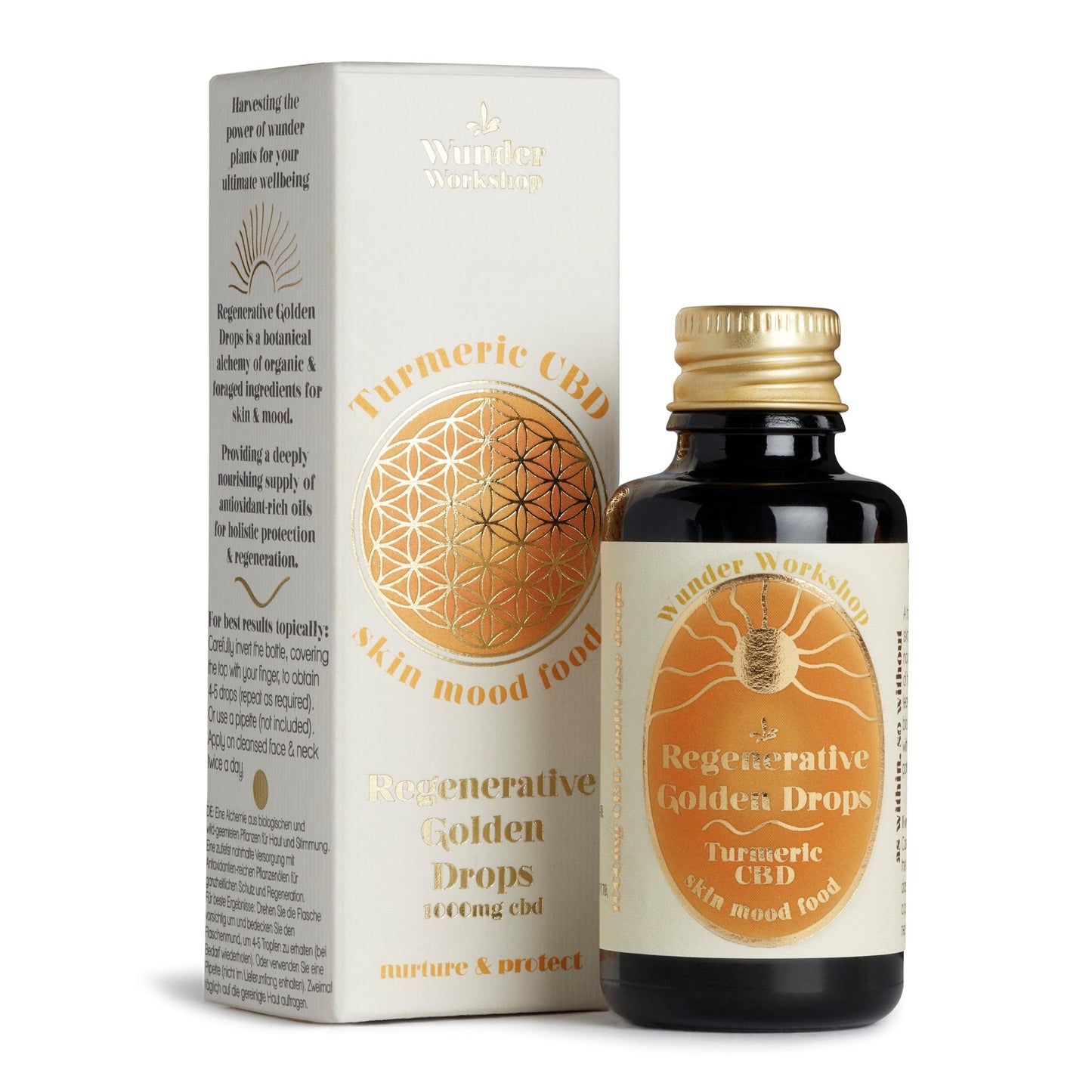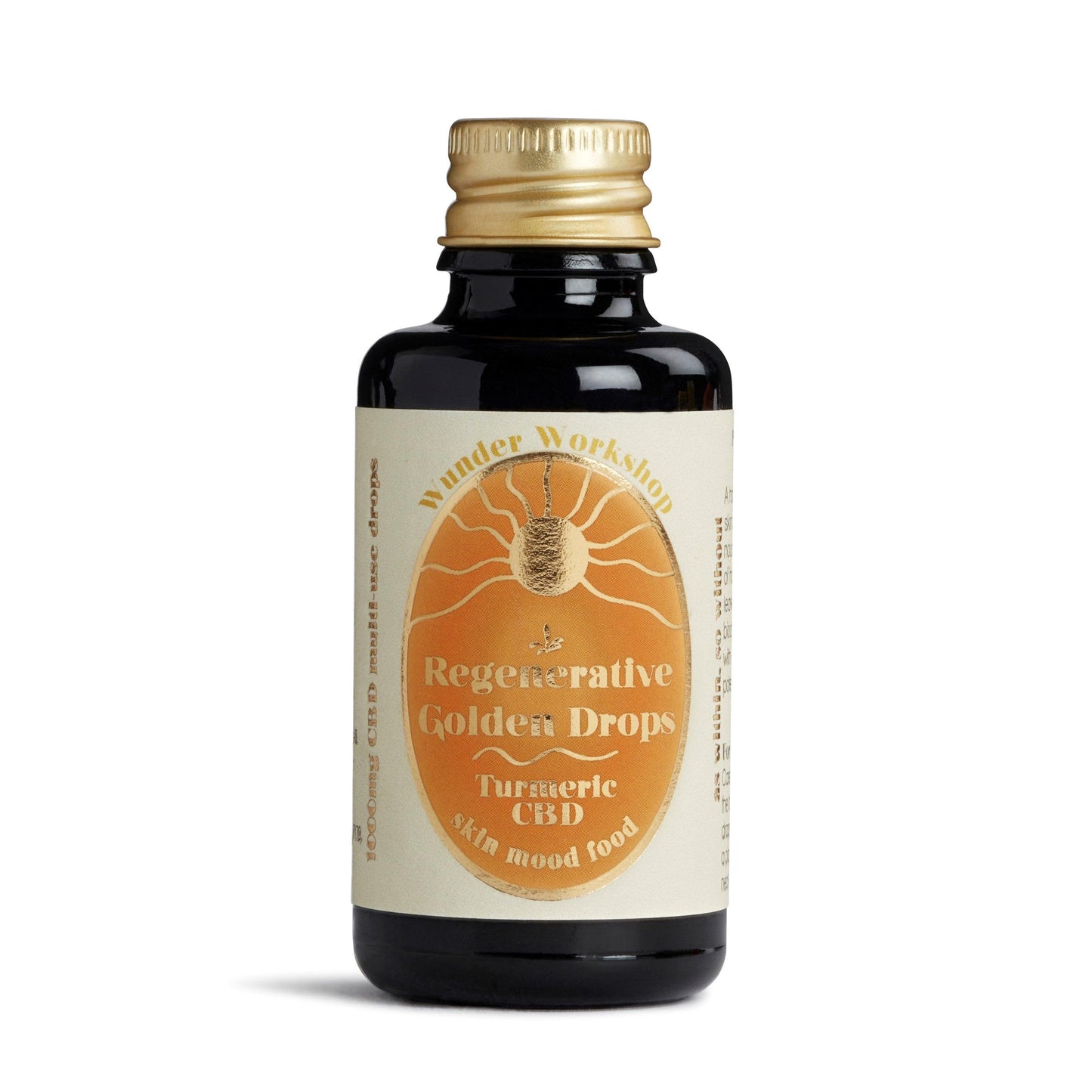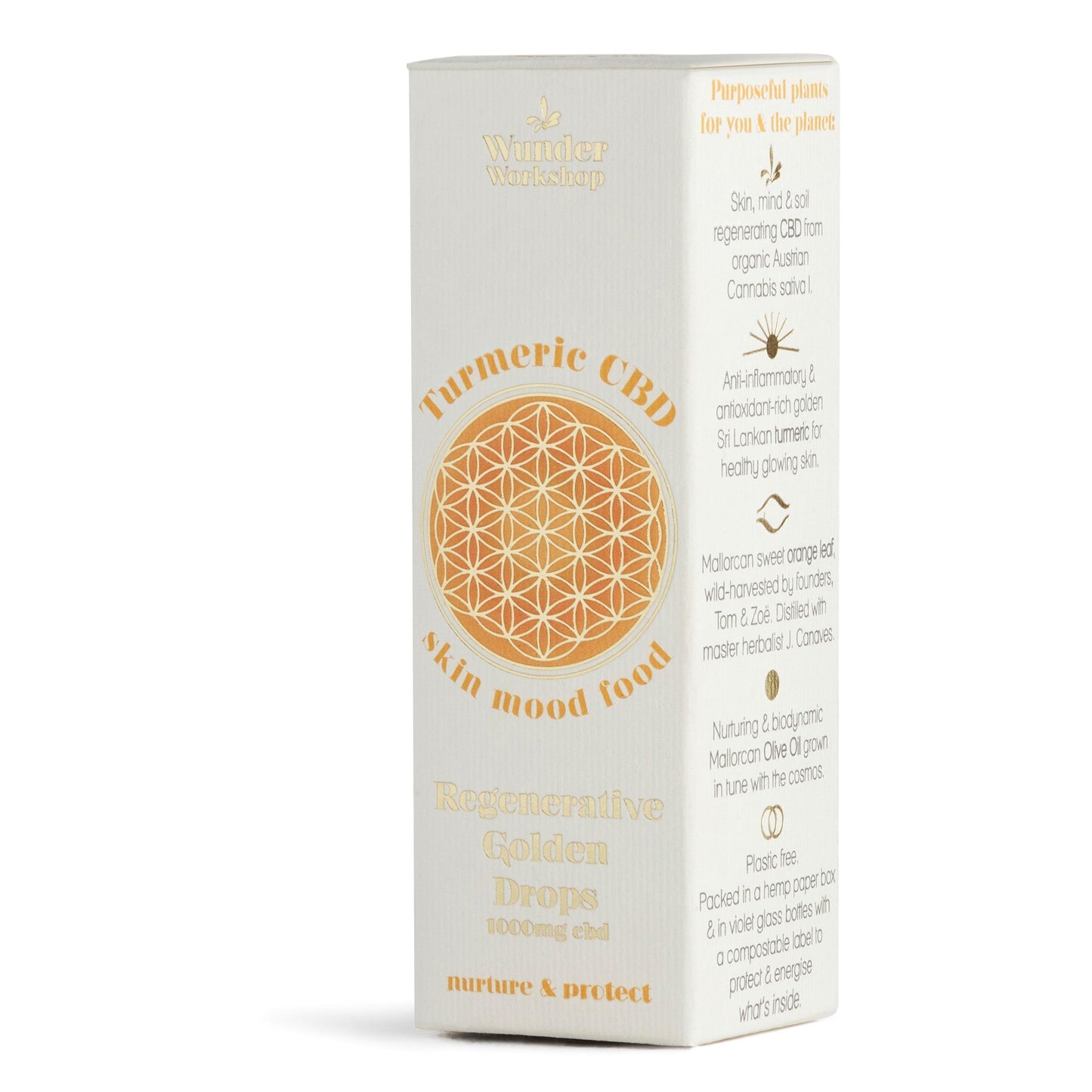Industrial composting - the future?
Composting as a waste processing option along with home-composting and anaerobic digestion is developing consistently in the UK and is expected to increase over the next decade. With an improved waste management infrastructure along with technological advancements in compostable products a closed-loop scenario for packaging and products is coming to fruition.
Compared to many other recycling methods, the technology for industrial composting is widely available in many countries. By 2023 separate biowaste collection is set to be mandatory in the EU. Biodegradation under controlled conditions fits into a circular economy through the idea of closing the biological cycle. The organic component is recycled in a way that mimics nature. A major part of the material is turned into CO2 or CH4, and water, and the remaining mineral component, including nutrients, is recycled back to compost or digest.
Bio-plastics means good?
Bio-based plastics and materials should not automatically be assumed to be compostable. Bio-based only refers to the sources of the raw material used to construct the product, it does not automatically mean the product will biodegrade or compost. This is dependent on the molecular structure of the materials themselves. „Compostability‟ should always been seen as a functionally property not an inherent one related to bio-based content. When compostable products or packaging items are discussed it specifically refers to end products which meet the specification for compostability (BS EN 13432).
An item based on a renewable source should not be assumed to be compostable unless certified; similarly there are synthetically based plastic resins which will meet the EN 13432 standard. 
Compostable:
Materials which biodegrade in a composting process through the action of naturally occurring micro-organisms and do so to a high extent within a specified timeframe. The associated biological processes during composting will yield CO2, water, inorganic compounds and biomass which leaves no visible contaminants or toxic residue/substances.
Biodegradable:
Materials that can be completely biodegraded (bio-assimilated) by micro-organisms such as bacteria, fungi and algae. On its own the term is to a degree obsolete as most materials will biodegrade given time. There are no defined time limits for the term „biodegradable‟, thus the use of this word can be potentially confusing to the general public both in terms of where to dispose of it and what happens to it once discarded.
Not all biodegradable materials or products will be compostable as the time needed from them to biodegrade may be outside that of industrial or home compostable criteria. This is coupled by the fact that the temperatures often needed to induce biodegradation may not be reached through a non-composting environment. If a packaging or plastic material is described or labeled as simply „biodegradable‟, this does not convey sufficient meaning about suitable ways to recover it after it has become waste.
Resource: http://www.organics-recycling.org.uk/
